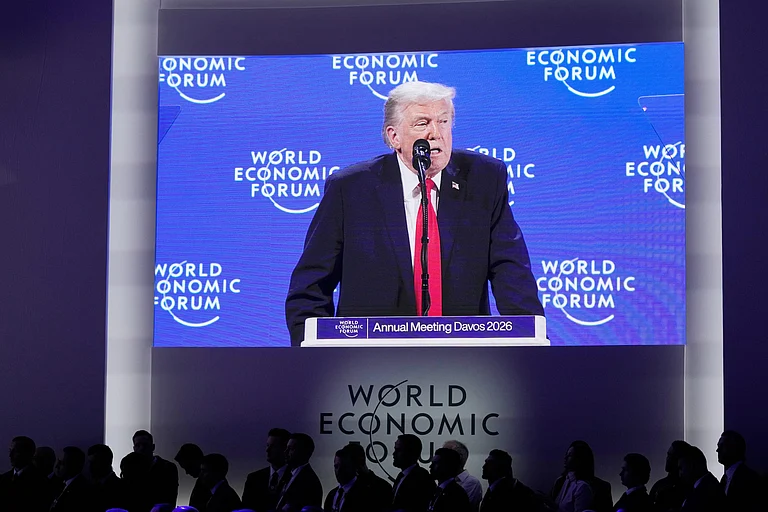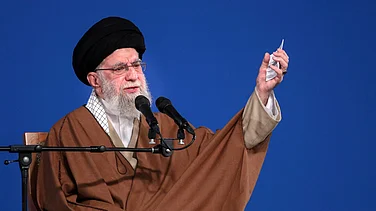
- Trump proposed that NATO impose tariffs of up to 100% on China to pressure Beijing over its ties with Russia during the Ukraine conflict.
- China’s Foreign Minister Wang Yi rejected the idea, stressing that China does not engage in wars and opposes sanctions as a diplomatic tool.
- Wang urged stronger China–Europe cooperation, calling for dialogue, multilateralism, and adherence to the UN Charter.
Beijing has strongly criticized U.S. President Donald Trump’s proposal that NATO impose tariffs of up to 100 percent on China, warning that such measures would only deepen global divisions. The move, suggested by Trump as leverage against China’s ties with Russia during the Ukraine war, has drawn a sharp rebuttal from Chinese officials.
China’s Foreign Minister Wang Yi said that the country does not engage in wars and rejects the use of sanctions as a diplomatic tool. He argued that confrontation and economic pressure only complicate conflicts instead of resolving them. Stressing that Beijing remains committed to peace and stability, he called for dialogue as the path forward.
Wang further urged that China and Europe should treat each other as partners rather than rivals, highlighting the importance of cooperation in addressing global challenges. He emphasized the need to uphold multilateral institutions and reaffirmed support for the principles of the United Nations Charter.
The exchange underscores the growing tensions between Washington and Beijing, even as calls for cooperation on broader issues such as global security, economic recovery, and climate change continue.


























